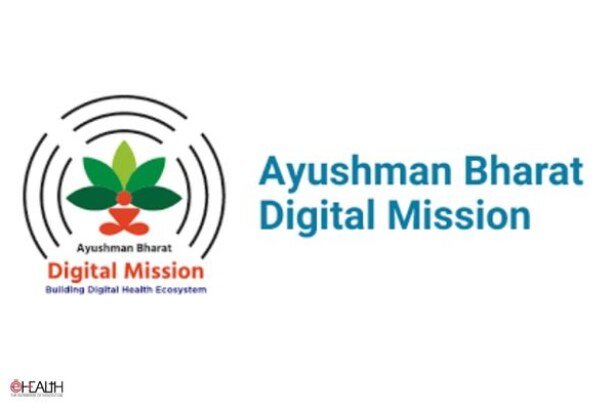The **Ayushman Bharat programme**, established by the NDA government in line with the National Health Policy 2017, was introduced to achieve the goal of **Universal Health Coverage (UHC)**. Aligned with the **Sustainable Development Goals (SDGs)**, this initiative operates under the principle of ensuring no one is left behind. Recently, after the NDA government began its third consecutive term, the eligibility criteria for the **Ayushman Bharat Pradhan Mantri Jan Arogya Yojana (AB-PMJAY)** were expanded to include individuals aged 70 years and above.
Initially, the scheme provided **income-based coverage** of ₹5 lakh per year to all qualifying families, covering the economically weakest 40% of the population, irrespective of age. Following the Cabinet’s recent approval, individuals aged 70 and older will also receive annual coverage of ₹5 lakh per family. This extension is expected to benefit around **6 crore individuals** from **4.5 crore families**, according to government estimates.
### Ayushman Cards vs. ABHA Health ID Cards
The **Ayushman Bharat Card**, also known as the **Pradhan Mantri Jan Arogya Yojana (PM-JAY) Card**, was launched in 2018. It aims to provide affordable healthcare services to individuals holding the Ayushman Card, ensuring financial protection for medical expenses. Beneficiaries are eligible for healthcare services worth ₹5,00,000 annually at both public and private hospitals nationwide. Importantly, the card covers **pre-existing conditions** as well.
The recent extension of the scheme for senior citizens aged 70 years and above will provide them with a new **PM-JAY card**. Key features of this card include:
– **Unlimited family size** with no restrictions.
– **Financial coverage** of up to ₹5 lakhs per family per year.
– Cashless treatment available at **empanelled hospitals** nationwide.
– **National portability**, allowing access to healthcare across India.
– Coverage includes **pre-hospitalisation** (3 days) and **post-hospitalisation** (15 days) expenses.
In contrast, the **ABHA Health ID Card**, introduced in 2021, serves as a **digital health identification number**. It facilitates the creation of a **digital health record** for every citizen, enabling healthcare providers to access a person’s medical history and treatments. The **14-digit ABHA number** uniquely identifies individuals within India’s digital healthcare network and ensures that **medical data is stored securely** for easy sharing between authorised healthcare providers.
#### Key Differences:
1. **Primary Purpose**:
– The **Ayushman Card** focuses on providing affordable healthcare and financial protection during medical emergencies.
– The **ABHA Card** functions as a **digital health ID**, maintaining and updating a person’s health information in digital form.
2. **Coverage**:
– The **Ayushman Card** covers hospitalisation and medical expenses.
– The **ABHA Card** does not offer financial coverage but acts as a repository for health records.
3. **Eligibility**:
– The **Ayushman Card** is designed for individuals from **Economically Weaker Sections (EWS)**.
– The **ABHA Card** is available to all citizens, irrespective of their economic status.
4. **Data Storage**:
– The **Ayushman Card** stores data related to medical expenses and claims.
– The **ABHA Card** stores detailed medical histories and health records for long-term reference.
To apply for an **ABHA ID Card**, follow these steps:
1. Visit the official website or download the **ABHA mobile app**.
2. Register on the platform.
3. Provide your personal details and complete **Aadhaar authentication**.
4. Once registered, you will receive your **unique ABHA number**, which will serve as your digital health ID.




Leave a comment